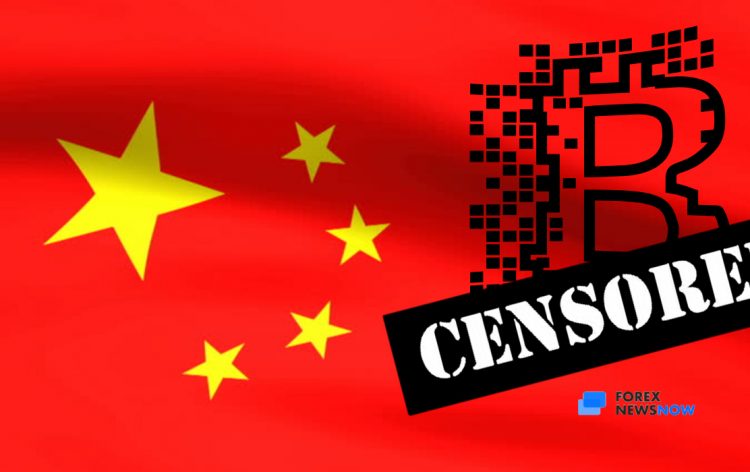Blockchain in trouble in the Chinese dystopia

Censorship in China is a serious issue. While the internet is accessible, not all of it can be used by the people within the territory of the country. The main websites and social networks like Google and Facebook cannot be used without technologies such as VPN. Although Chinese people can have access to the some commonly used websites and networks, also the Chinese alternatives of it their freedom of speech is limited there. Due to the suppressing censorships on the internet, many citizens were turning to the Blockchain technologies to acquire or share the information that could be potentially banned by the Chinese Cyberspace Administration (CAC). However, the freedom of speech and anonymity of the users of Blockchain technologies is coming to the end for the Chinese community.
Internet censorship agency is changing the game
Above mentioned cyberspace administration is also the country’s censorship agency. This Thursday CAC has published a new set of the rules with the name of a “Blockchain Information Service Management Regulations.” As the name suggests people who were using Blockchain for informational purposes will be imposed with the new laws, that will come in force on February 15th, 2019. According to the new regulations Blockchain service providers cannot produce, duplicate publish and/or disseminate the content that is generally banned by the Chinese government.
Internet censor is watching you
With the new regulations, Blockchain service providers are considered to be “entities and nodes.” According to the regulator’s definition, these entities provide public information services via using Blockchain platforms that are accessible through desktop and mobile sites. From 13th of February these “entities and nodes” will have to register themselves with the CAC before they start offering their services to the public. They will have ten working days to complete the registration.
To say simply it means that every company and individual who is offering Blockchain services or run a node for Blockchain network should register and reveal their personal information to the agency. According to the draft of the regulations that was published n October, last year the companies or individuals who will not go through the registration process will be fined. The fine will vary between $700 and $ 4,420 depending on the offense and violations made towards the law. While registration companies need to present their names, service types and server address, thus all the information shared through the Blockchain, including the source of it will be known to the censorship agency.
The Blockchain dystopia
These newly brought regulations are not the only one and surely will not be the last one as the Chinese government is trying to acquire control over the Blockchain platforms in the country. The Blockchain industry is considered to be a threat to the Chinese government as the officials are assuming that it can severely damage the status quo of it. Previously the government has issued the regulations that require users of the Blockchain services and platforms to verify their identities if they want to use the services attached to Blockchain. As typically the users of Blockchains are anonymous now they have to reveal themselves to the government.
The citizens of China were previously actively using the Ethereum Blockchain in order to share the information which is otherwise censored by the cyberspace administration of the country. For example, recently popular campaign #metoo was banned on the internet by the authorities but the stories were shared through the Blockchain. The other example it was the article posted on Etherum Blockchain that listed the information about the crimes of one of the pharmaceutical company of China – Changsheng Biotechnology. After the new rules will be enforced in February Chinese people will lose yet the only way to pass around the strict censorship laws of the country.


























Comments (0 comment(s))